Protests Rage Across Europe, Middle East [PHOTOS]
Protest Pictures: Greece, Syria, Egypt, Romania See Citizens Take The Streets Over Weekend
Tens of thousands of protesters took to the streets in several nations this weekend demanding political justice, economic opportunity, and a change to the status quo.
Demonstrators -- who powered the Arab Spring, the worldwide Occupy protests during the summer and the anti-austerity marches of the European autumn -- have used to past 48 hours to take over the streets of Portugal, Syria and Bulgaria, setting the mood for a veritable winter of discontent.
Here's a look at some of the public actions:
Greece, Portugal: A huge surge of people heeded a call from Greece's two main labor unions to march against a second set of austerity measures being contemplated by the country's political leadership. A new round of taxes, public service cuts, and pension reforms -- as well as a slashing of the country's minimum wage -- is being negotiated between Greece's ruling coalition and various international actors as preconditions for a €130 billion bailout the country is trying to secure. An earlier round of austerity cuts is widely blamed as causing a deep recession in the country, which has seen official unemployment spike to 20.9 percent. Images of bloody confrontations between demonstrators and police have been pouring out of Athens since Friday, though the violence appeared to reach a boiling point Sunday, when protesters attempted to overrun the national Parliament. Similar, if much more staid, anti-austerity protests also took place over the weekend in Portugal and Belgium.
Syria: Even as the country's military indiscriminately bombs certain cities, demonstrators took to the streets of Syria, demanding the ouster of President Bashar al-Assad. As is common in the Muslim world, public actions began following Friday prayers and have continued all weekend. Demonstrations in solidarity have been staged elsewhere around the world in the past 48 hours, with public support coming from Cairo, Beirut, Tunis, London and Palestine.
Egypt, Bahrain, Yemen: Public demands for the military government to hand over the reins of power intensified in Egypt over the weekend, with people confronting soldiers in Cairo, and further strikes seen in coming weeks. Protests in Bahrain and Yemen, which have been rocked by street actions since awakenings rocked the Middle East in 2011, reflected the idiosyncracies of the politics in those countries: protests in police-state Bahrain were marked by confrotations with officers, while demonstrations in Yemen -- where the government has effectively ceded control of huge swaths of the country -- were somewhat chaotic.
Romania, Bulgaria - Demonstrations against the multi-national Anti-Counterfeiting Trade Agreement took to the streets of Sofia and Bucharest over the weekend. The treaty is a cause célèbre of the global Occupy and Anonymous movements: previous actions were seen last week across Eastern Europe, particularly in the Czech Republic and Slovenia. Opponents believe the international agreement will curtail certain basic freedoms in order to benefit multi-national corporations, and could lead to online censorship. Romania's protests are an extension of a series of public demonstrations underway in the country, which began in mid-January spurred on by the weak economy and a controversial health reform law there.
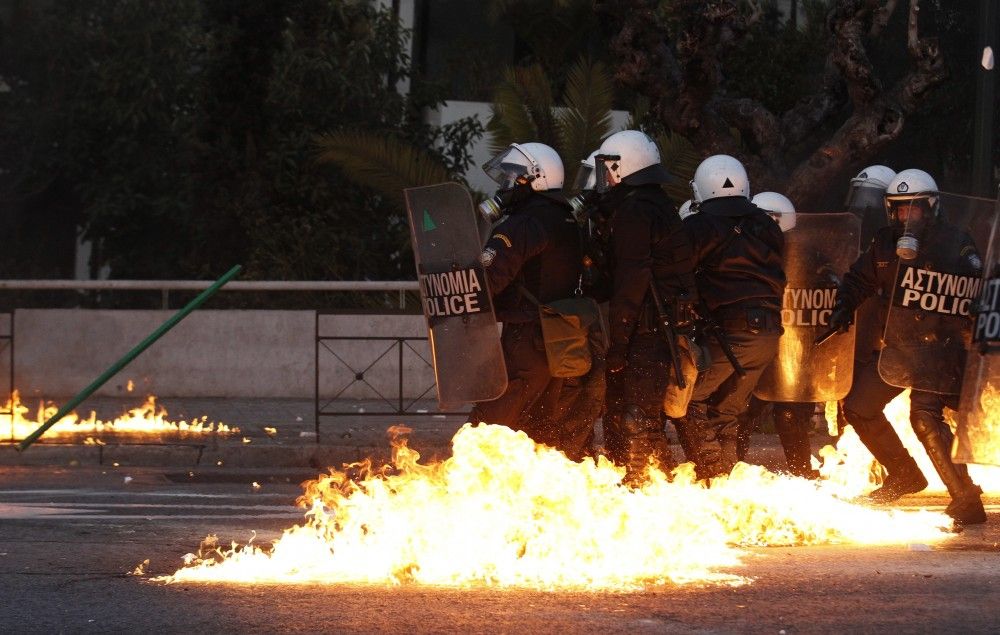
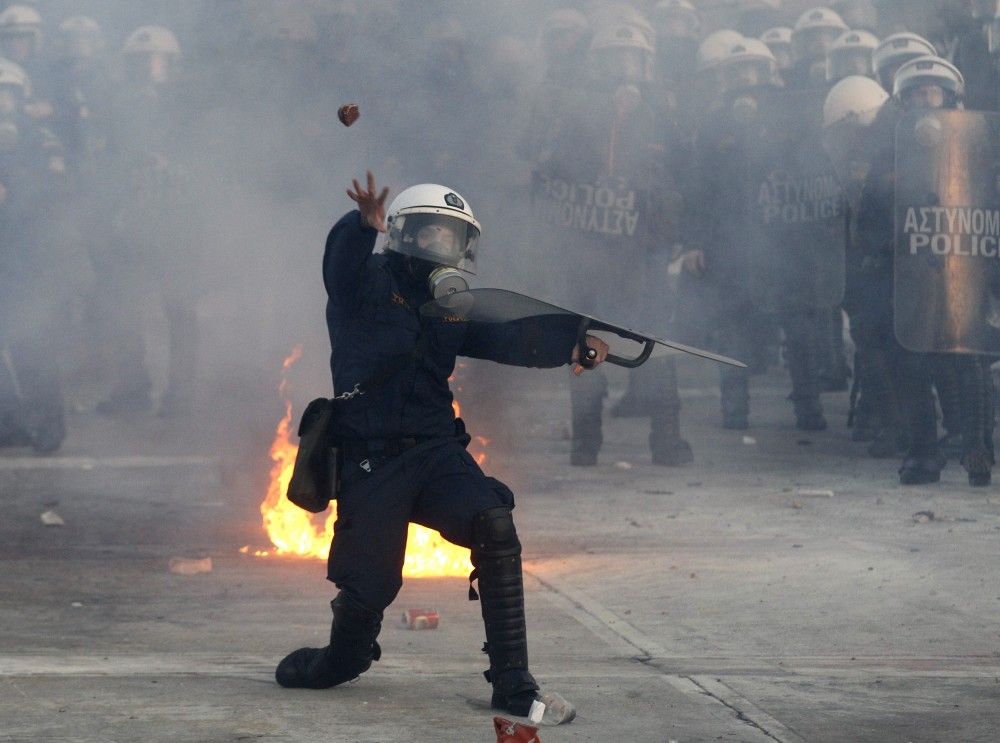
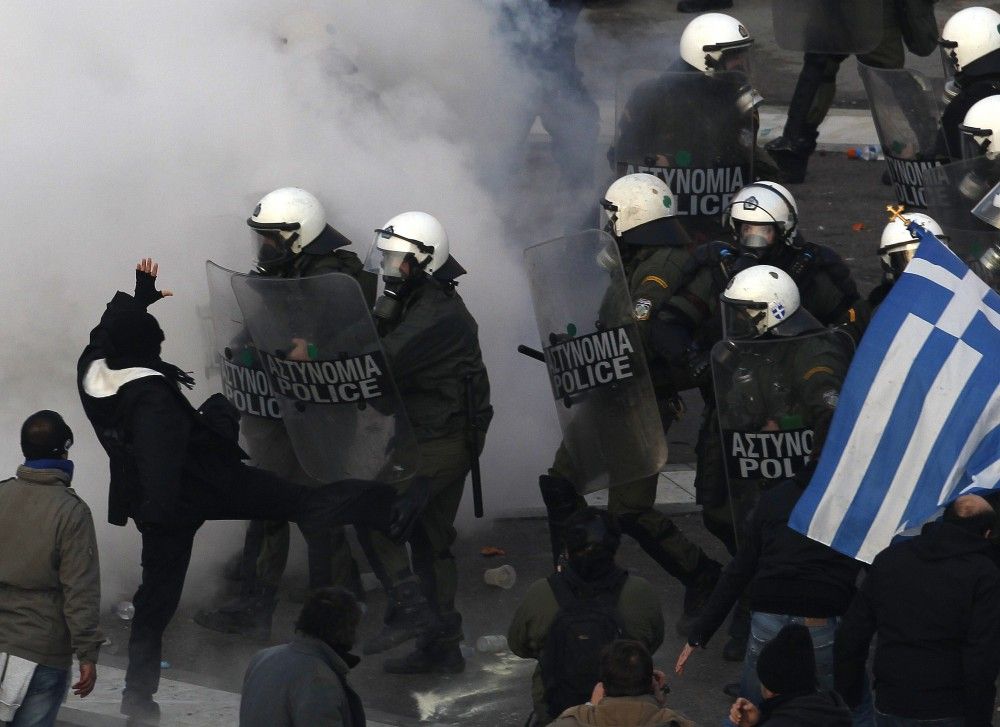
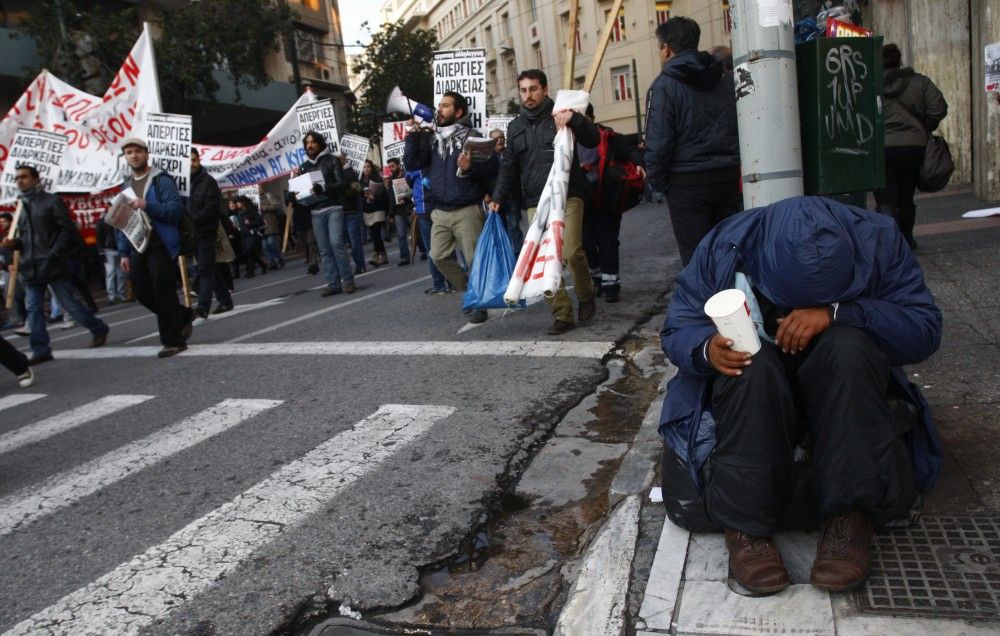
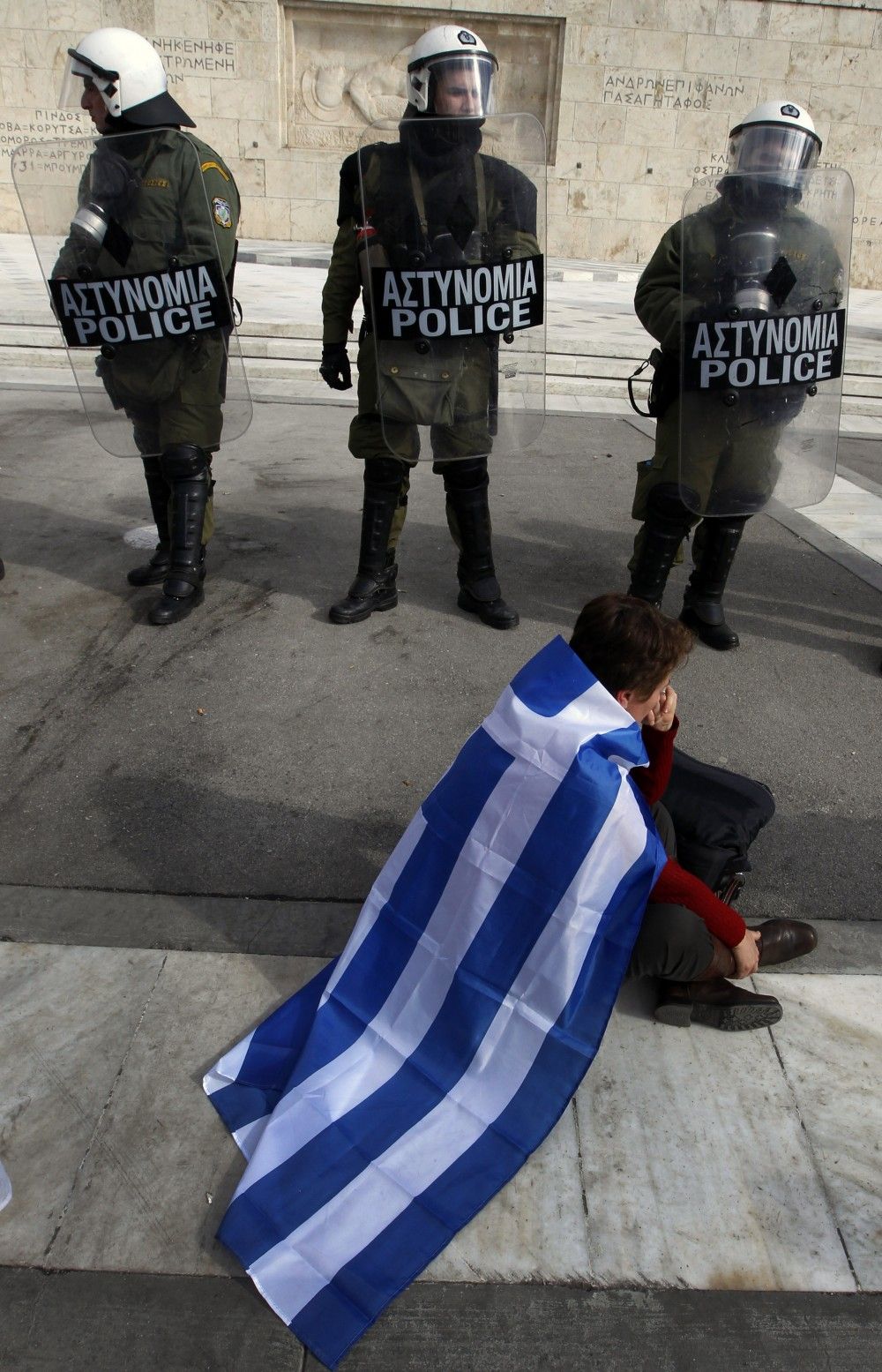
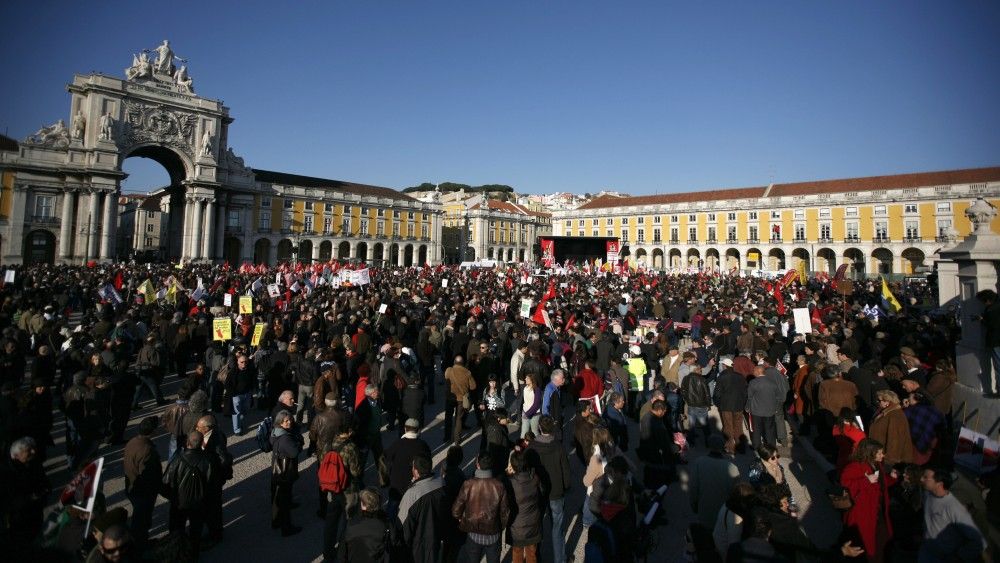
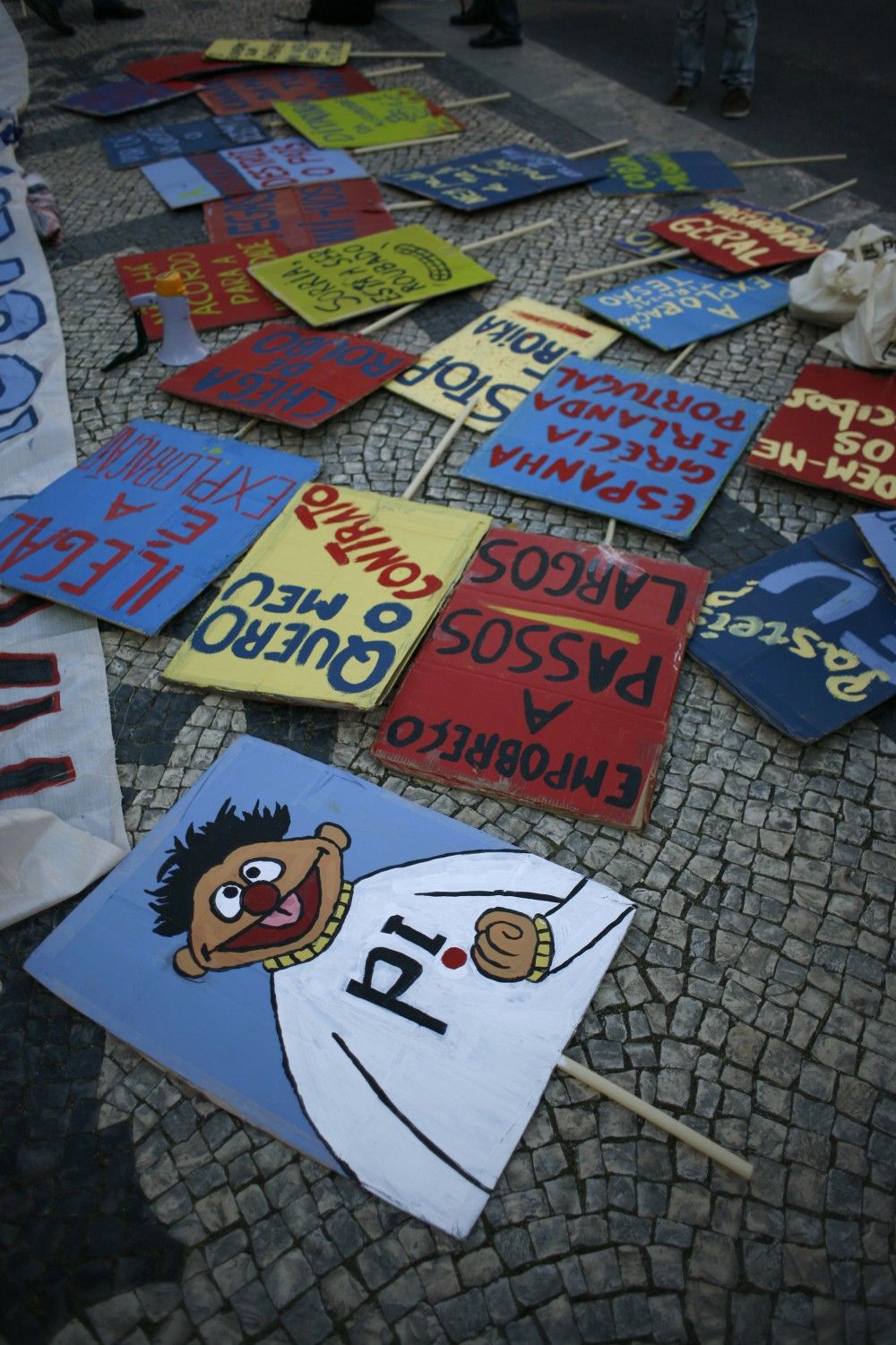
© Copyright IBTimes 2025. All rights reserved.





















